Japan is not considering building any new nuclear power plants, the country's industry minister said Tuesday, despite concerns over the nation's energy security.
"Taking into account the Ukraine crisis and concerns over a power supply crunch, we will make the most of what we have, including nuclear power," Minister of Economy, Trade and Industry Koichi Hagiuda told a press briefing.
Hagiuda also said that along with new talent, resources will be directed at developing a new type of nuclear reactor.
Hagiuda's remarks apparently run contrary to a recently released interim report on a clean energy strategy for achieving a carbon-neutral society, which focuses in part on rebooting Japan's nuclear power plants to bolster energy security.
Many of Japan's aged nuclear reactors, which have been taken offline in the wake of the Fukushima nuclear disaster in 2011 for safety inspections and updates, are approaching their 40-year operating limits.
Hence, debate has become more vociferous within the industrial sector as to the role of nuclear power in the future of Japan's energy mix.
To this end, the Japan Chamber of Commerce and Industry asked the Agency for Natural Resources and Energy on Monday to elucidate the use of nuclear power in the government's energy strategy.
The chamber of commerce called on the industry ministry body to quickly resume operations of the long-idled reactors.
Of the country's 36 nuclear power plants, only 10 have been allowed to be rebooted after passing strict safety regulations following the Fukushima disaster.
Last year, the government's energy mix put forward included power produced by nuclear means to be limited to 20-22 percent of the total in fiscal 2030, with new energy and renewables comprising 36-38 percent, in line with the country's commitment to achieving a carbon-neutral society by 2050.









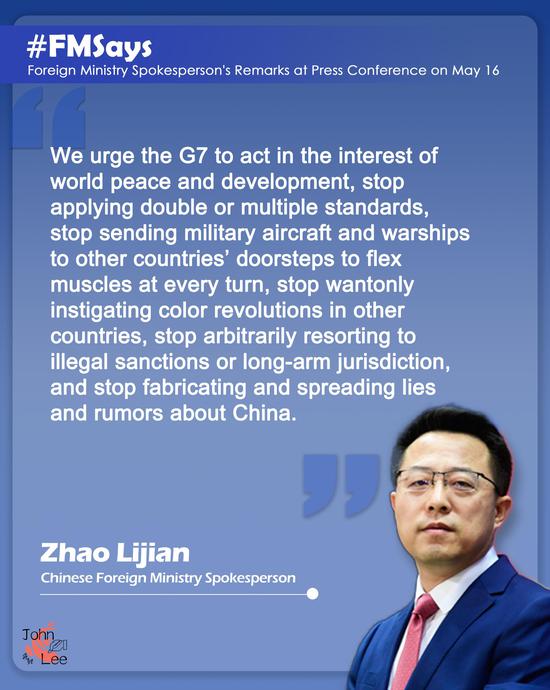
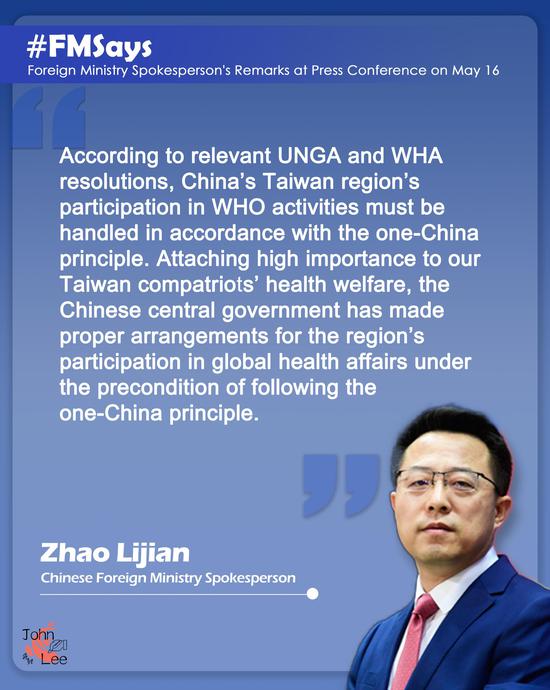

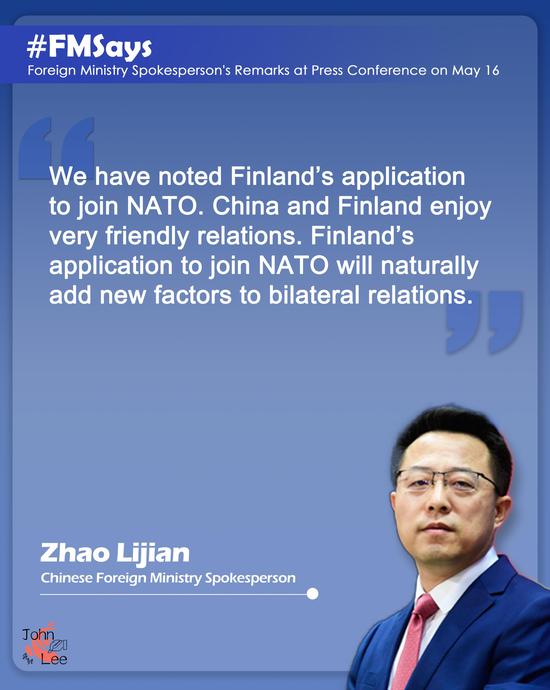
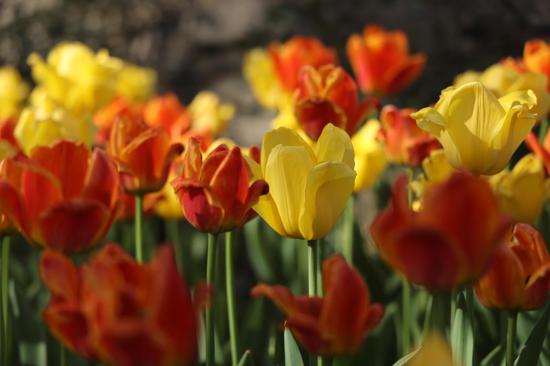
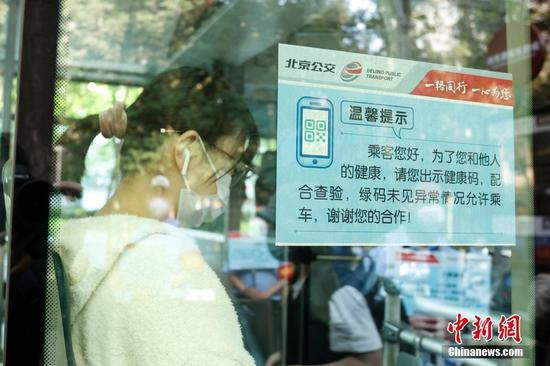
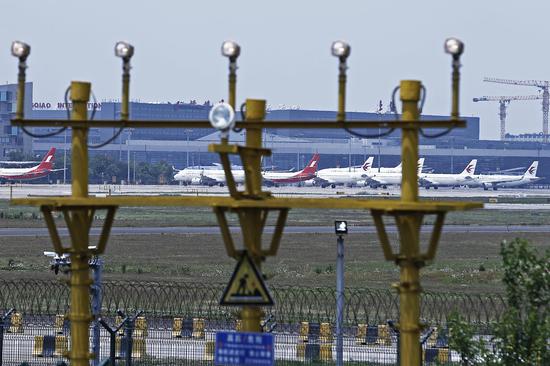
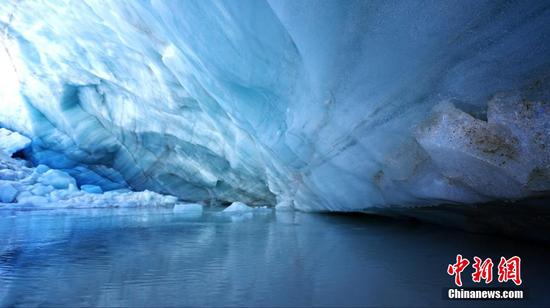
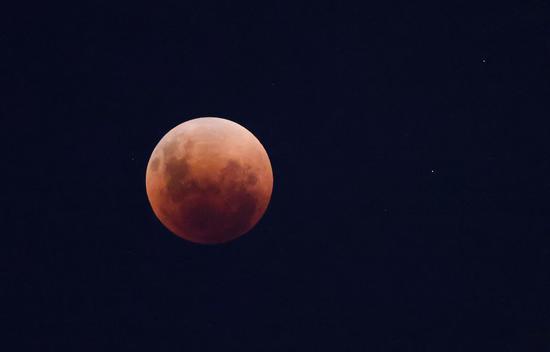
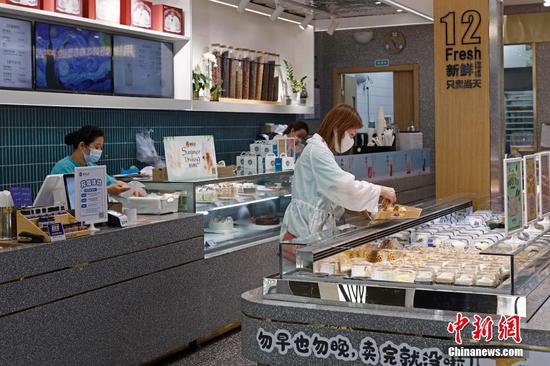
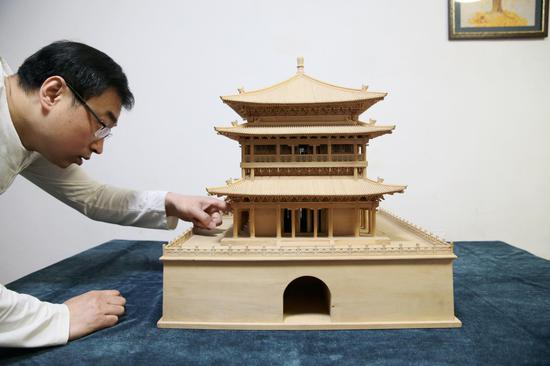

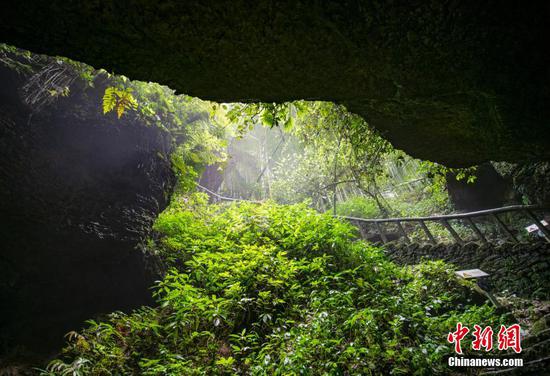
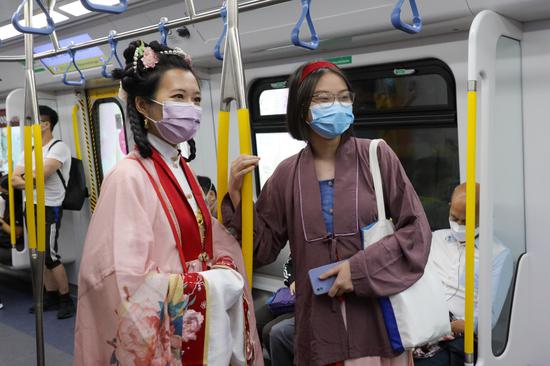
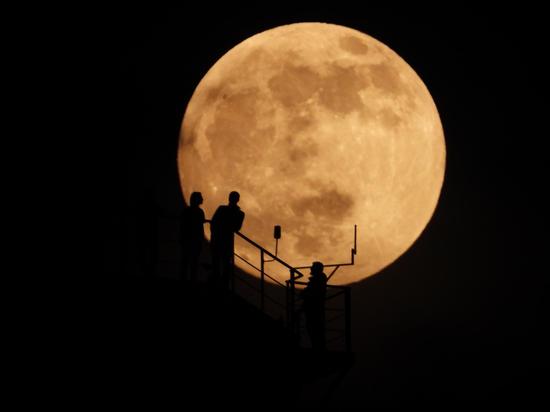
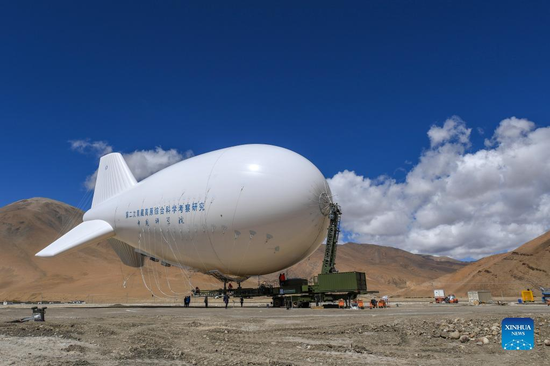
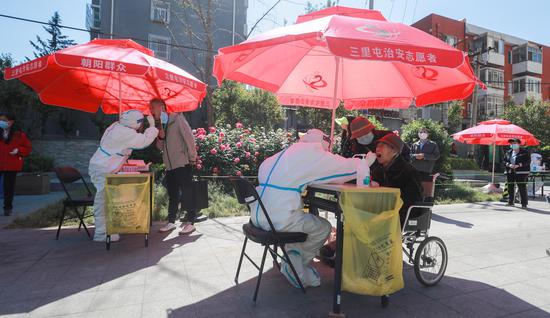
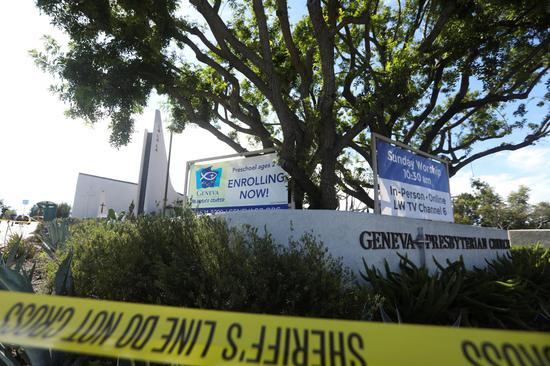

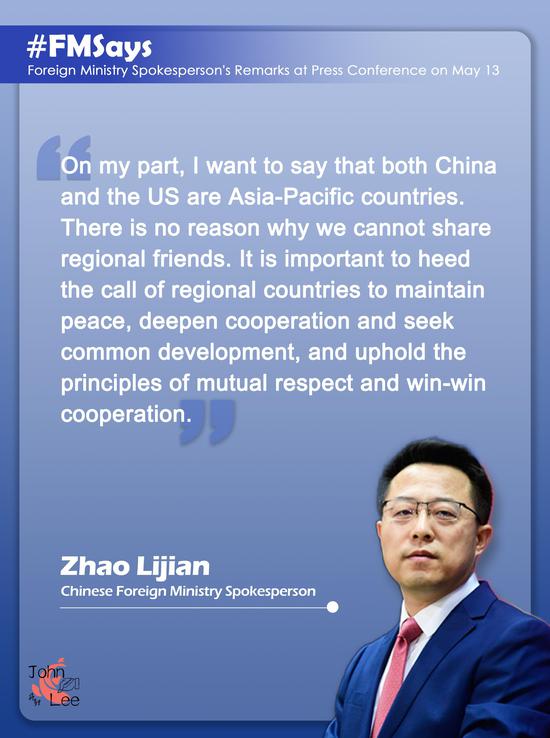

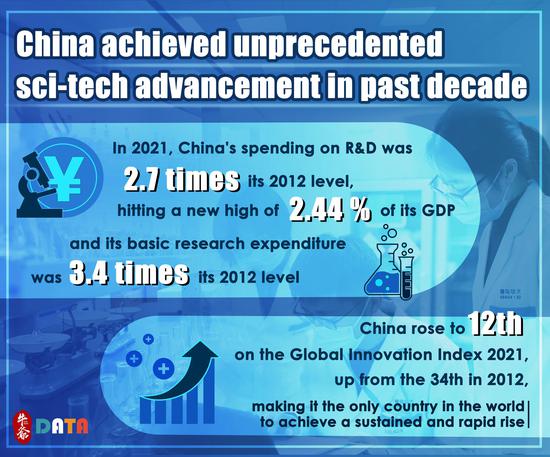
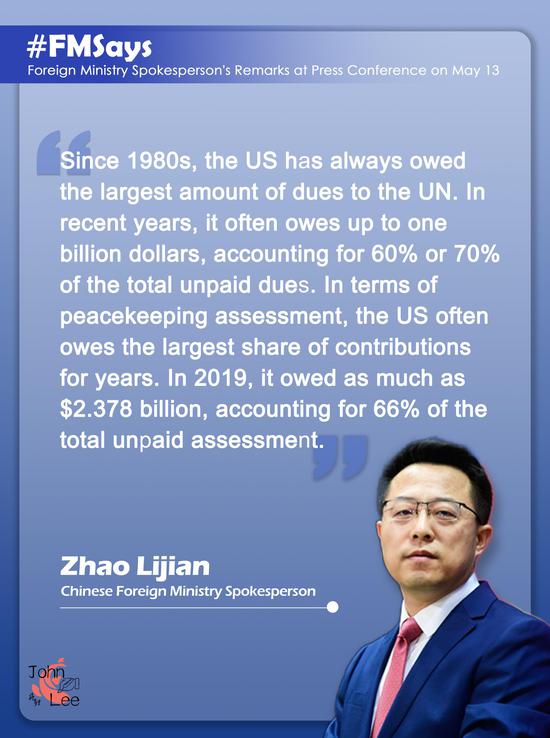
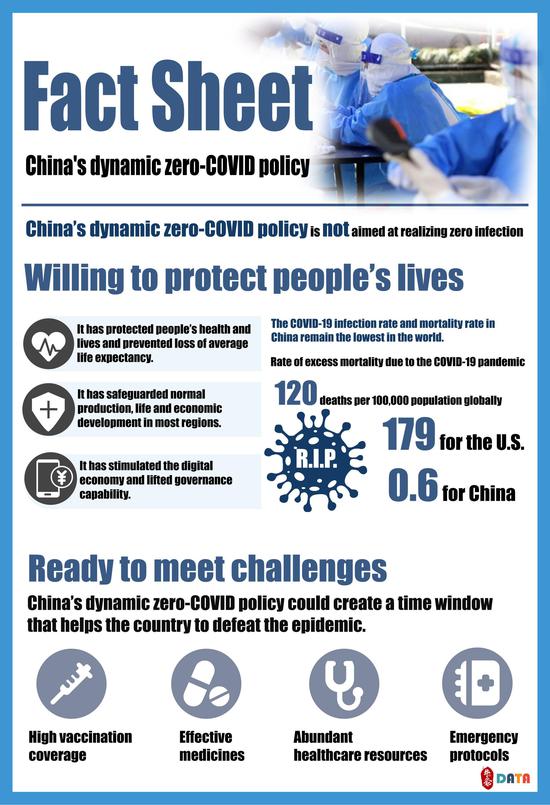
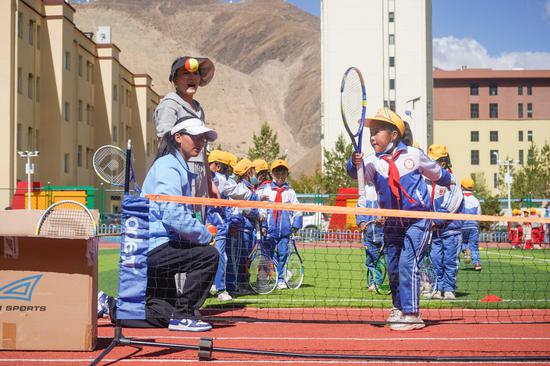
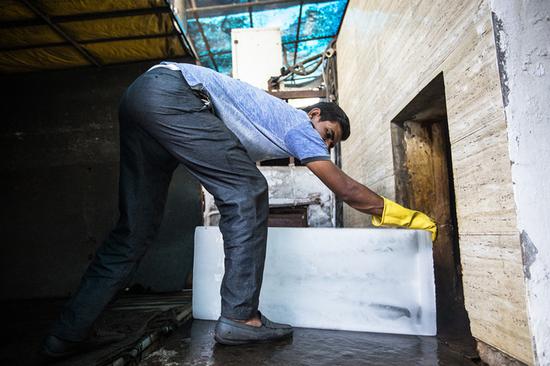
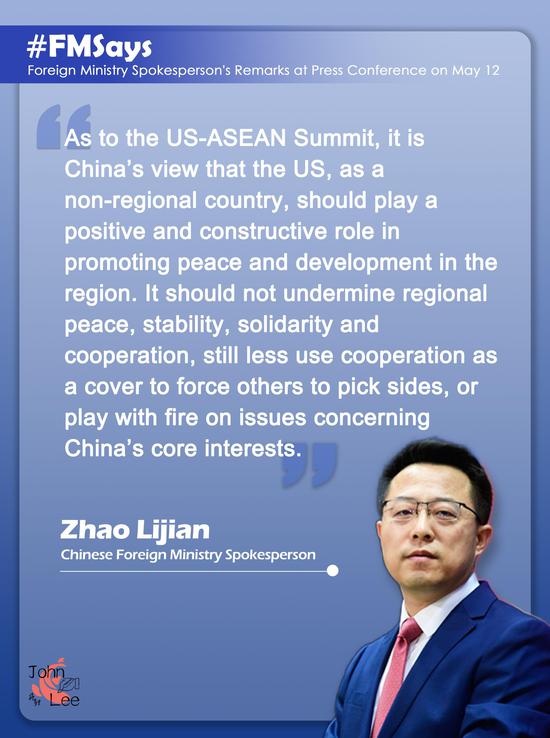
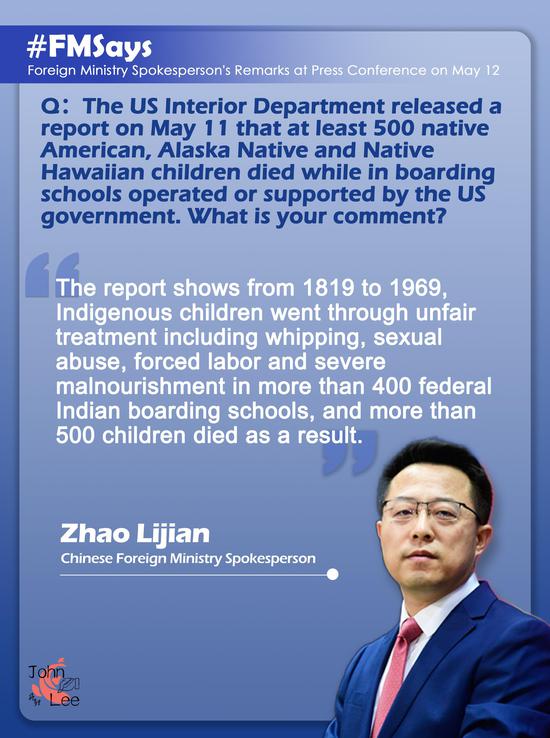
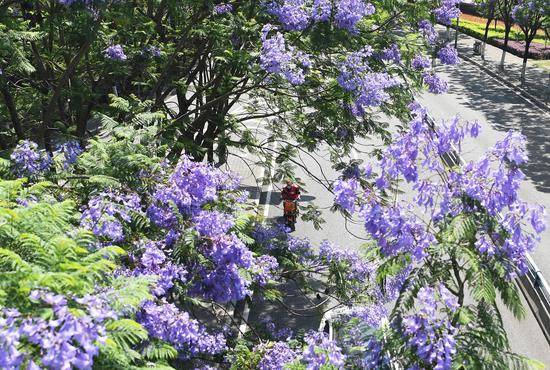
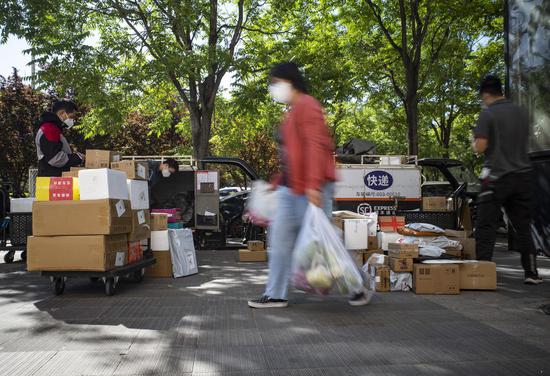
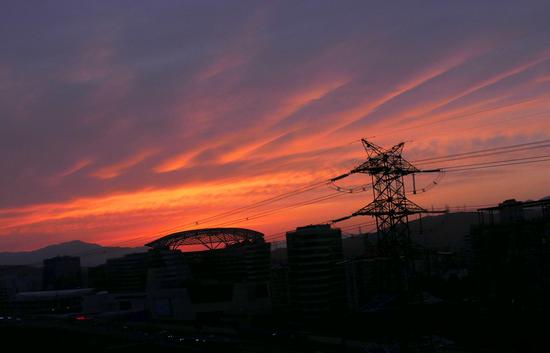
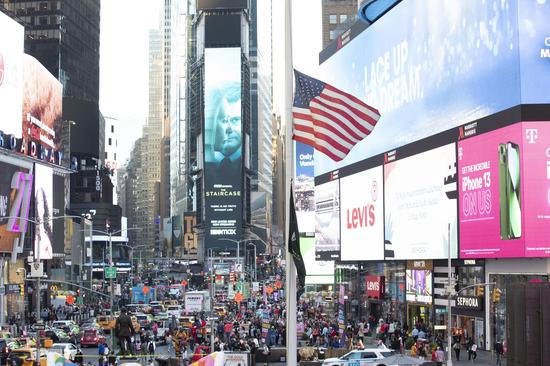
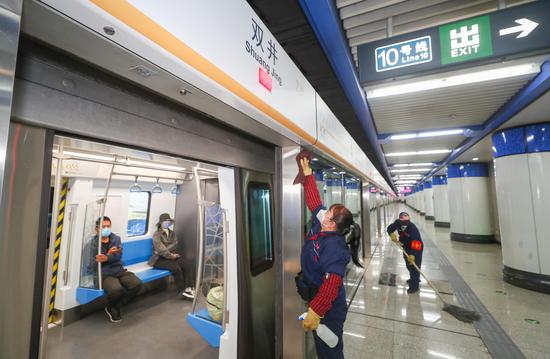
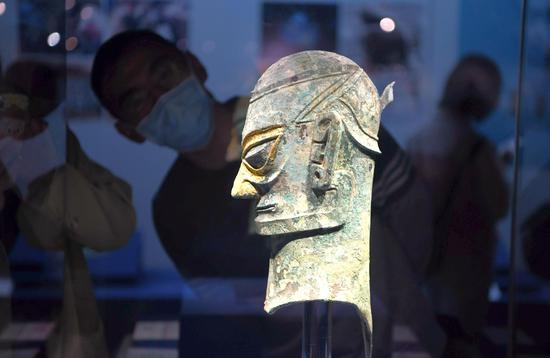
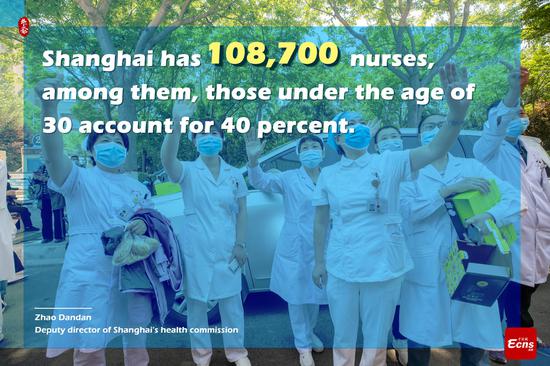
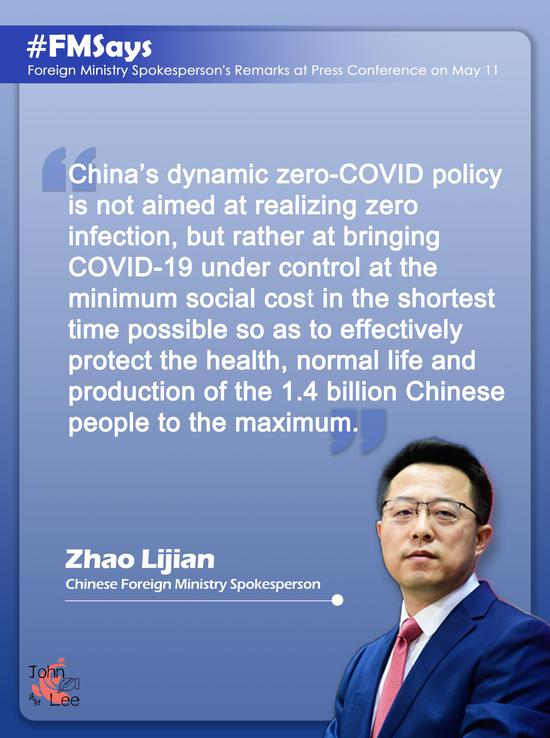





 京公网安备 11010202009201号
京公网安备 11010202009201号